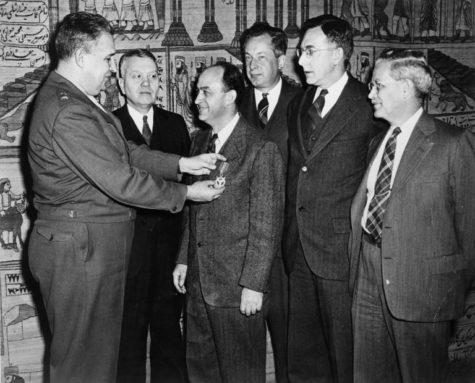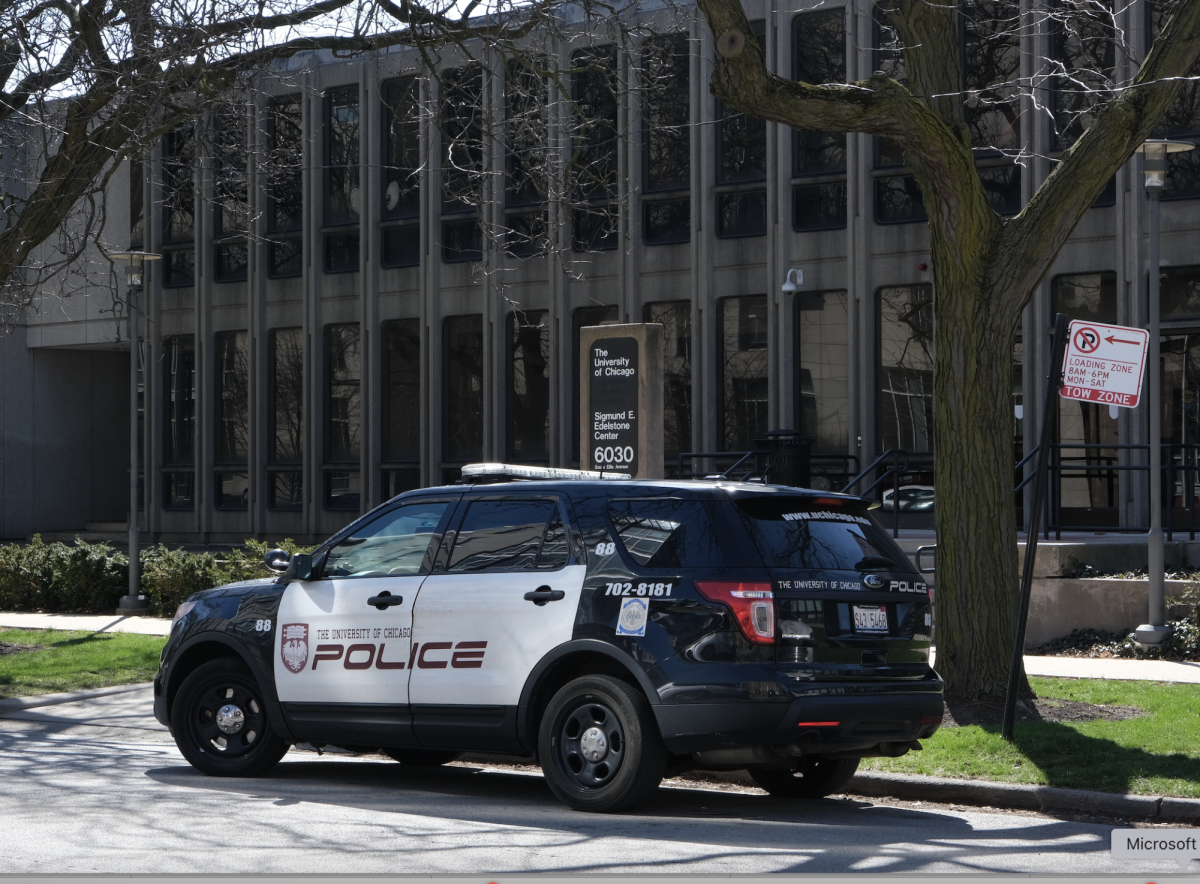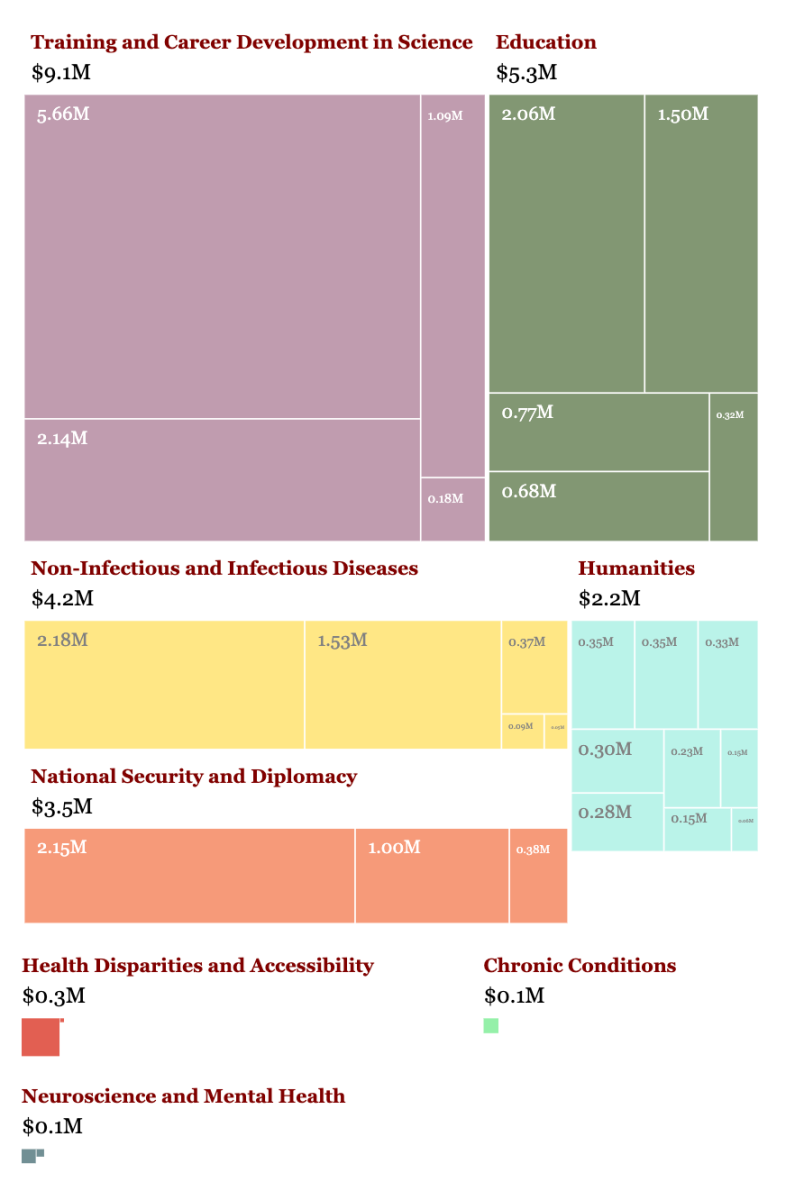This article is the first in a series of interviews with Cook County elected officials who were elected or re-elected in November 2022.
This November marked yet another reelection for Cook County Treasurer Maria Pappas. No one was holding their breath. The progressive bulldog has held onto the job for a quarter of a century, transforming the office from an opaque bureaucracy into an investigative think tank and developing something of a cult of personality in the process. (She just came out with a calendar showcasing her fashionable jackets.)
The treasurer’s main job is to manage the county’s property taxes. Using property values set by the assessor’s office, the treasurer calculates and distributes tax bills, collects payments, and then disburses the revenue to local government agencies. One of Pappas’s main accomplishments has been to make this process increasingly remote and paperless, shifting the office’s traffic almost entirely online.
Pappas has also gained notoriety for a task that isn’t in her job description. Under Pappas’s watch, the office put together a research wing that releases so-called “Pappas Studies,” which call out dysfunction in the county’s tax system. She’s hired data analysts and Chicago Tribune reporters to study issues from redlining to tax loopholes that benefit wealthy investors. The most recent analysis, which showed that property taxes are soaring in some Latino neighborhoods, is causing a reckoning over gentrification in the neighborhood of Pilsen.
The Maroon sat down with Pappas to discuss her upcoming term, what’s wrong with the Cook County tax system, and more. The conversation below has been lightly edited for length and clarity.
Chicago Maroon: 2023 will be your 25th year serving as Cook County’s Treasurer. Why do you think voters want you back?
Maria Pappas: Because probably a million people know me. I don’t have a political organization that I belong to. But I have a website that’s available in around 108 languages. I was a county commissioner for eight years before this. And before that I had 10 years at a successful law practice. And then before that, for 10 years, I had a successful psychological practice. When you’ve been around that long, everybody knows you, they like you, and they vote for you.
CM: And why do you keep running?
MP: I like what I do. I’ve created this think tank that’s getting international attention. My redlining study made 800 media outlets nationwide. And yesterday, we released an analysis of the 2022 tax rules, which made 450 news media outlets nationwide.
CM: Tell me about the vision for the office you’ve realized over the last 20 years.
MP: When I took office, our mission was to become paperless. There was no website, there was no one to pay compliance, there were no email systems. Now, I have as many as two million hits a month on a website in 107 languages.
I just returned from Cancun, Mexico, where I spoke to all South American countries about how to set up a paperless property check system. You’ve got all these countries coming in to see what I’m doing because it is all in-house programming and automation.
[As of early December], over 60,000 people have downloaded their bills and paid to the tune of $320 million. People are responding to my online, paperless movement. So, why do people vote for me? Because I’ve made their lives easy.
CM: You’ve transformed this office from a bureaucratic post to something that resembles an investigative newsroom. Why hire reporters?
MP: They’re the only ones who are capable of doing the right kind of research. I dispatch them to find any wrongdoings in my office. Isn’t that smart, to hire somebody to tell you what you do wrong?
CM: Right. A lot of your energy has been spent focusing on what the Cook County tax system does wrong. Can you put in simple language, for voters and for readers, what’s wrong with the tax system?
MP: The biggest thing that’s wrong with it is that 60 percent of everybody’s bill funds the school system. If that continues, people are just going to leave; they’re not going to keep paying these exorbitant taxes. So they’re going to have to find out another way to fund the school system.
All of my studies make recommendations about what needs to be done. My scavenger study talks extensively about hundreds of thousands of properties that are vacant and abandoned in Chicago, and how we might get them back on the tax rolls. My most recent sale-in-error study recommends lowering the interest rate from 18 percent to 9 percent.
*Editor’s Note: This figure refers to the interest rate for unpaid property taxes. Pappas’s office has proposed this change to lower the burden on homeowners with delinquent taxes—a demographic concentrated in Black and Latino neighborhoods.*
CM: What are the two or three big priorities that you have for the next four years, to resolve those issues?
MP: Every six to eight months, I’ll turn out another study that’s going to have national implications. And I’ll continue to make the office more paperless. I’ll also continue with my outreach. I’ve got one of the most effective outreach programs in the county. I’ve got my phone bank called Black Houses Matter [connecting Black residents to tax refunds and exemptions they are owed by the County]. I’m going to start a similar radio show called Latino Houses Matter.
CM: What will be the focus of the next Pappas study?
MP: I can’t tell you because somebody else will steal it.
CM: Is there anything your office wanted to accomplish in the last four years but couldn’t?
MP: The Tyler [internal digitization and technology software] system that links all the offices together is five years behind schedule. That’s my pet peeve. For every day that it’s not implemented, it costs me thousands of dollars.
CM: Let’s talk about the ongoing protests out of Pilsen. What position is your office taking on the protests?
MP: We aren’t commenting on that.
CM: One of the protestors’ demands is that your office stops collecting late fees for the 2021 property tax payments. Is that on the table?
MP: That’s regulated by statute. I don’t think it can be done.
CM: So you think it’s out of your hands?
MP: Yeah. It’s out of the realm of my intelligence and my legal expertise.
CM: There’s been a lot of finger pointing, from the Assessor’s Office, to the Board of Review, to the legislature. As someone who understands the Cook County tax system better than anyone, where do you think protestors’ energy needs to be focused?
MP: I only deal with what I can deal with. What I’m working on right now is reducing the interest rate in Springfield from 18 to 9 percent. I can’t untie the Gordian knot here. But I can follow the recommendations of my research group, which are very clear: reducing the interest rate, stopping the loopholes for tax buyers and sale-in-error. Each of my studies has very specific legislative changes that need to be made, and that’s what I’m doing.
Correction: This article previously stated that Pappas hired Associated Press reporters to conduct internal investigations. She hired Chicago Tribune reporters.















